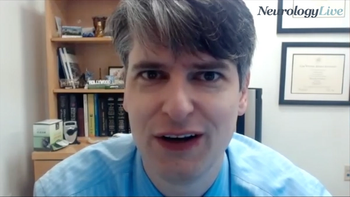
The staff neurologist in the Neurological Institute’s Mellen Center for Multiple Sclerosis Treatment and Research at Cleveland Clinic outlined the process of choosing a therapy for patients with multiple sclerosis. [WATCH TIME: 4 minutes]

The staff neurologist in the Neurological Institute’s Mellen Center for Multiple Sclerosis Treatment and Research at Cleveland Clinic outlined the process of choosing a therapy for patients with multiple sclerosis. [WATCH TIME: 4 minutes]

Phase 3 study represented the highest research and development costs for Alzheimer disease treatments, with more than $24.1 billion incurred.

In addition to a well-tolerated safety profile, investigators observed a dose proportional increase in plasma pharmacodynamics in the MONARCH study cohort of 21 children and adolescents.
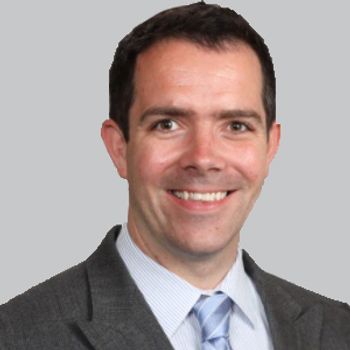
Annualized attack rate was reduced to 0.08 attacks per year after the first administration of inebilizumab, similar to those who were not previously exposed to rituximab.
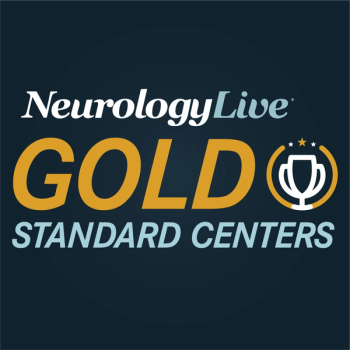
As more organizations begin to adopt palliative care practices for patients with Parkinson disease, some may turn to the implemented plans of Cleveland Clinic as an example to follow.

The director of the Mellen Center for MS Treatment and Research at Cleveland Clinic discussed the possibility of using multiple DMTs to combat the effects of MS. [WATCH TIME: 3 minutes]

Here's what is coming soon to NeurologyLive®.
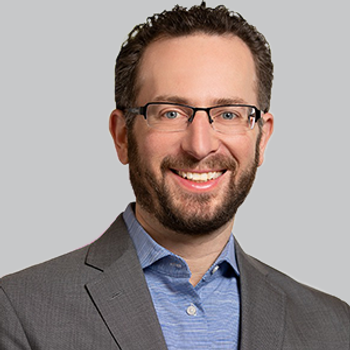
Positive phase 2 data resulted in a breakthrough therapy designation for donanemab, (Eli Lilly), prompting a biologics license application submission for the agent.
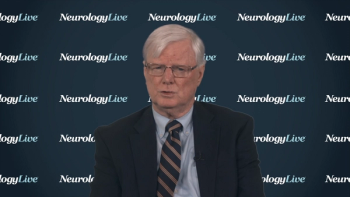
The director of the Sleep-Wake Disorders Center at Montefiore Medical Center provided thoughts on the need to improve awareness of sleep disorders and identifying those who may be eligible for treatment, including pediatric patients. [WATCH TIME: 2 minutes]
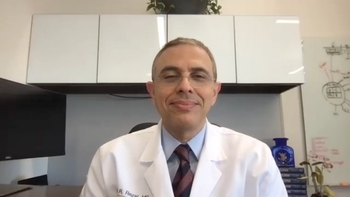
The executive chair at the Rockefeller Neuroscience Institute at West Virginia University shed light on early data from a small sample of patients with early Alzheimer disease who underwent focused ultrasound treatment. [WATCH TIME: 5 minutes]
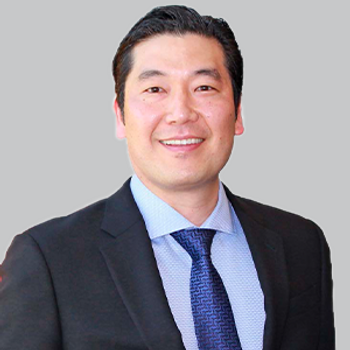
Identifying the best treatment strategy for Black or African American patients who are at risk for a more challenging clinical course is of great importance and represents a key unmet need in our field.
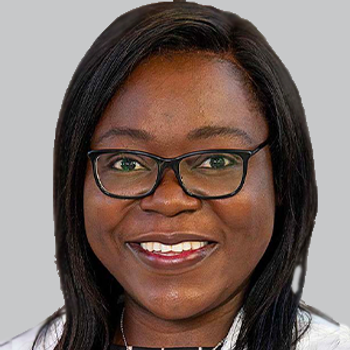
As the field of MS care turns its sights on addressing progressive disease, the need for more biomarkers of disease activity and therapeutic target engagement is perhaps greater than ever.
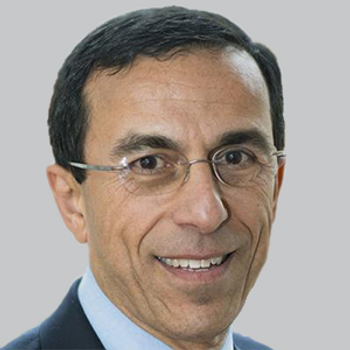
Karl Doghramji, MD, the medical director of the Jefferson Sleep Disorders Center at the Vickie and Jack Farber Institute for Neuroscience of Jefferson Health, looks ahead to the needs for sleep care heading into 2022.
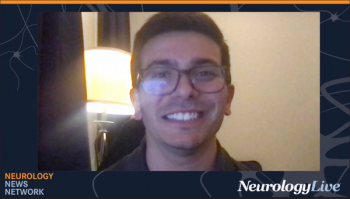
Neurology News Network for the week ending November 27, 2021.

Take 5 minutes to catch up on NeurologyLive®'s highlights from the week ending November 26, 2021.

In line with the push for more comprehensive care, literature suggests that patients with multiple sclerosis benefit from physical therapy interventions to help manage disease symptoms.
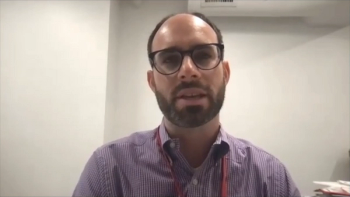
The assistant professor of neurology at Weill Cornell Medicine discussed his future aspirations to uncover more about the beneficial effects of anticoagulants in reducing recurrent stroke. [WATCH TIME: 3 minutes]

The Bruton tyrosine kinase inhibitor has been evaluated in 2 phase 3 trials, GEMINI 1 and GEMINI 2 (NCT04410978; NCT04410991), in patients with relapsing-remitting and relapsing secondary progressive MS.

In a NeurologyLive® Insights series, experts in the diagnosis and treatment of Dravet syndrome discussed the management of the disease and the utilization of approved treatments to improve outcomes in patients.

In a NeurologyLive® Peer Exchange series, experts on the care of patients with multiple sclerosis offer recommendations for selecting and sequencing therapies used to treat patients with relapsing disease.
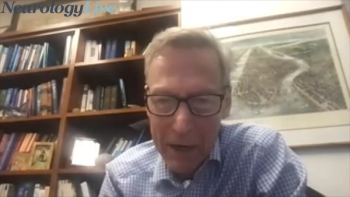
The director of the Comprehensive Epilepsy Center at NYU Langone provided closing thoughts on how clinicians can begin to shift gears from research to prevention of SUDEP. [WATCH TIME: 2 minutes]
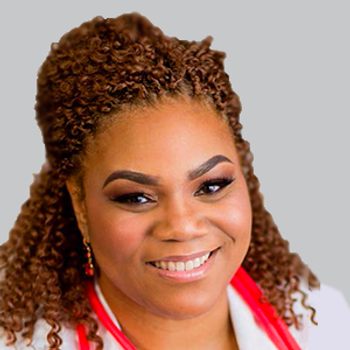
The field of MS is shifting focus to issues such as understanding and tracking disease progression, approaches to treatment initiation, and the roles of diet and exercise in pathogenesis and disease course.
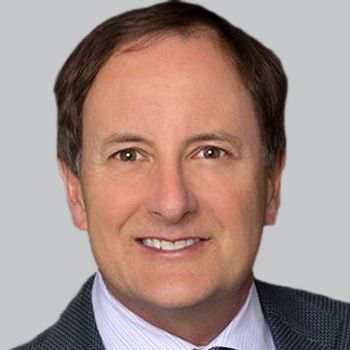
Aducanumab’s (Aduhelm; Biogen) $56,000 price point reflects the larger challenges of the United States’ insurance system and incites a cyclical series of events that have repercussions on cost of future therapies, state budgets, and legislative decisions.
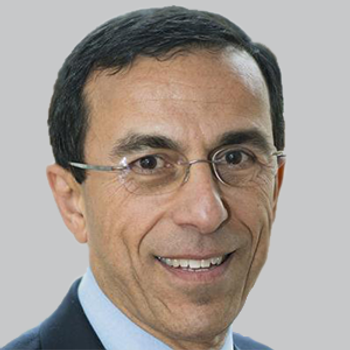
The medical director of the Jefferson Sleep Disorders Center at the Vickie and Jack Farber Institute for Neuroscience of Jefferson Health offered his insight into the current state of care for sleep and the progress made this year.

Discussing newer treatment options in the MS field, the staff neurologist in the Neurological Institute’s Mellen Center for Multiple Sclerosis Treatment and Research at Cleveland Clinic noted that patient preference can play a part in the decision-making process. [WATCH TIME: 3 minutes]

The study is the first and only to compare the 2 anticalcitonin gene-related peptide medicines for migraine preventive treatment.
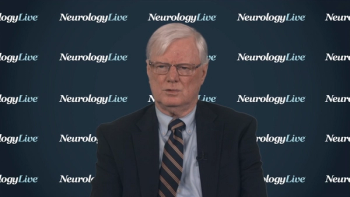
The director of the Sleep-Wake Disorders Center at Montefiore Medical Center provided knowledge on how the presence of other comorbid sleep disorders affects patients with insomnia. [WATCH TIME: 2 minutes]

The director of the Comprehensive Epilepsy Center at NYU Langone discussed the large-scale impact heart rate variability has on preventing SUDEP and the unanswered questions that remain.

The American Academy of Neurology’s statement touched on the roles played by the principles of beneficence, nonmaleficence, justice, and patient autonomy as it relates to the clinical use of the therapy for this patient population.
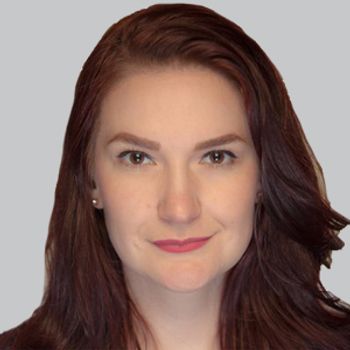
In cognitively impaired vs unimpaired patients, investigators found functional connectivity decreases in DMNa and DMNp and increases in the right and left frontoparietal networks.